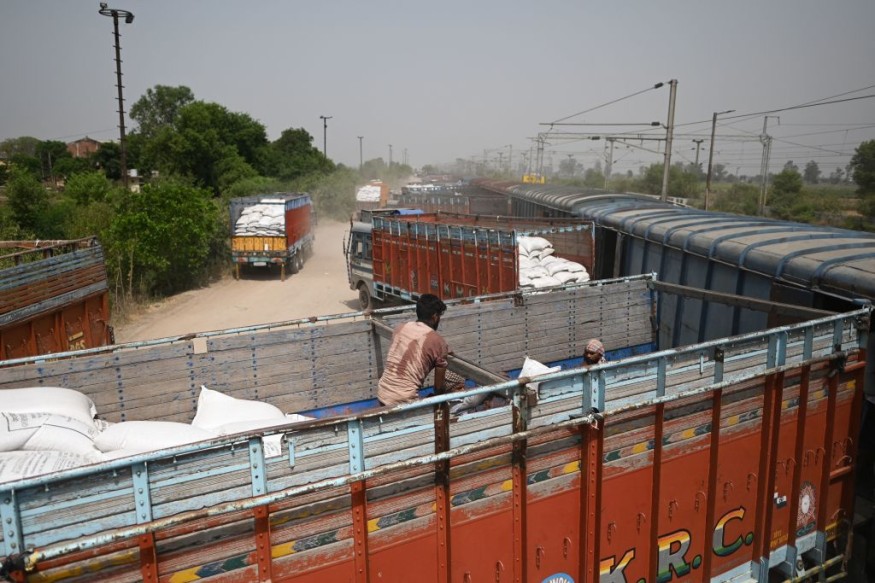
India and Pakistan continue to face scorching heatwave as climate change and greenhouse gas emissions worsen in the region.
"As long as greenhouse gas emissions continue, events like these will become an increasingly common disaster," said one climate scientist. According to The Independent, the "blistering" heatwave in parts of the South Asian countries will become 30 times more likely, scientists say.
Under the grip of on and off extreme heat, India and Pakistan have reported record-breaking temperatures since March. Climate experts warn that this is expected to linger as global heating increases in intensity and frequency across the world, breaching 50C in the coming days, the British online newspaper reported. Experts say burning fossil fuels is more to blame.
Deadliest Extreme Weather Event
Increase in the likelihood of heatwaves in India and Pakistan had been a major concern as it mostly damage crops and livelihoods. India decided to ban wheat exports this month due to food insecurity after harvest suffered in the heat.
Meanwhile, deaths from heatstroke have also been reported in the countries. In fact, dozens have been killed due to severity of the heat, with true numbers expected to be significantly higher, according to CBS News.
According to weather data and climate models, northwestern India and southeastern Pakistan were affected the most with the recent heat, with average maximum daily temperatures during March and April. Climate scientists analyzed that the condition affecting the region is "rare, with a one per cent chance of them happening each year."
However, the experts note that climate change made the equation "around 30 times more likely", which means without the rising global temperatures, the event would have been "extraordinarily" rare. Consequently, a 2C global temperature would generate heatwaves "as often as once every five years."
Also read : California Experiences Jumping Worms Apocalypse
Record-breaking Heatwaves in India and Pakistan
Friederike Otto, a senior lecturer in climate science at Grantham Institute, Imperial College London, says there are two main reasons why the results of the World Weather Attribution study and UK Met Office varied, og which the former is "on the conservative side", while the latter suggests that record-breaking heatwaves in northwest India and Pakistan are "100 times more likely," not 30.
First, Met Office study focused on average temperatures in April and May while the World Weather Attribution study focused much earlier, on months between March and April, Otto explains. Second, the Met Office used a climate model, while the World Weather Attribution used 20 different models.
Nonetheless, the severity of heat induced by climate change is still "real game changer", she said. ""As long as greenhouse gas emissions continue, events like these will become an increasingly common disaster."
The United Nations landmark climate report published last August notes: "It is virtually certain that hot extremes (including heatwaves) have become more frequent and more intense across most land regions since the 1950s," with high confidence that climate change and greenhouse gas emission are primary drivers.
© 2026 NatureWorldNews.com All rights reserved. Do not reproduce without permission.





